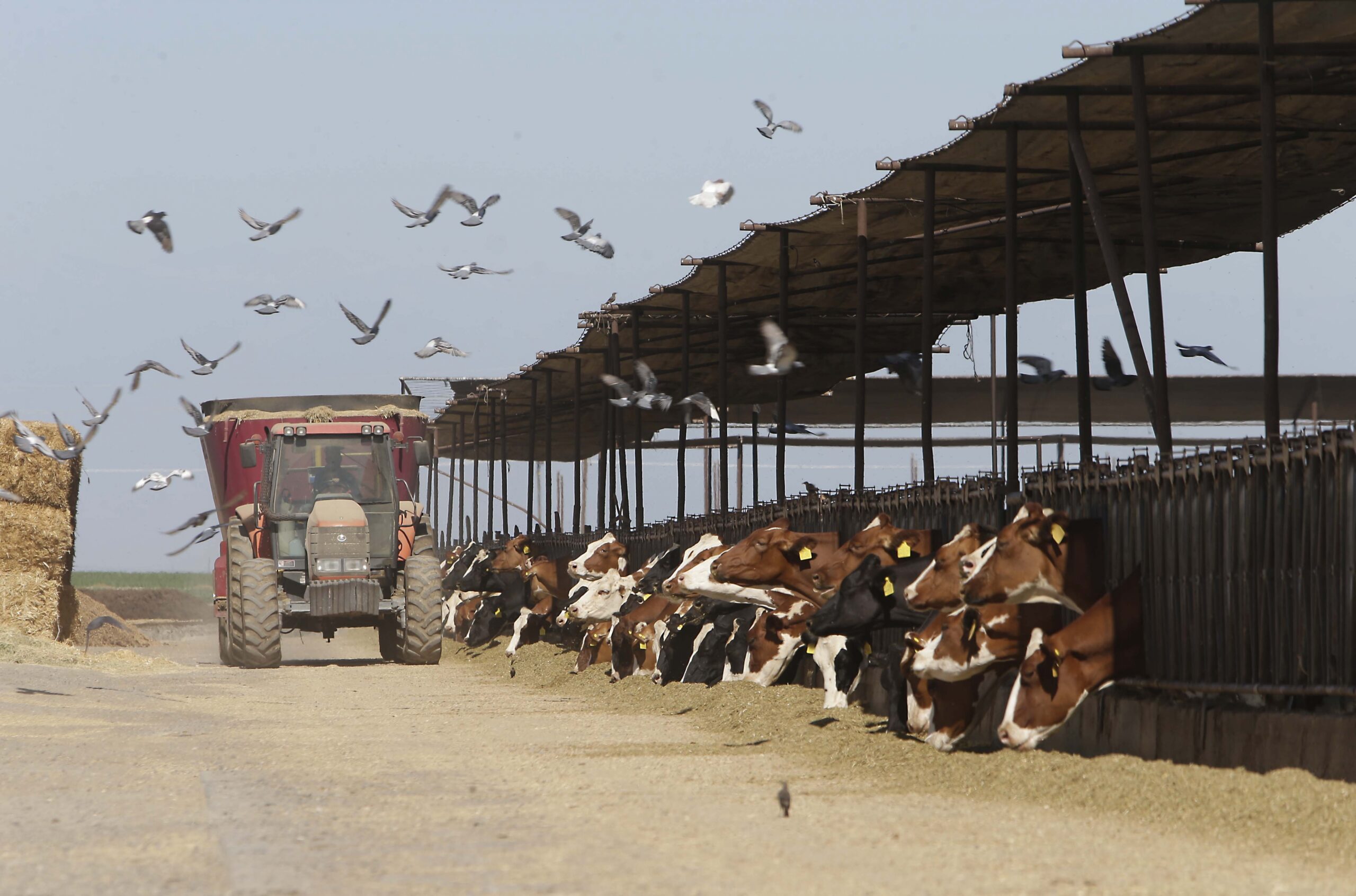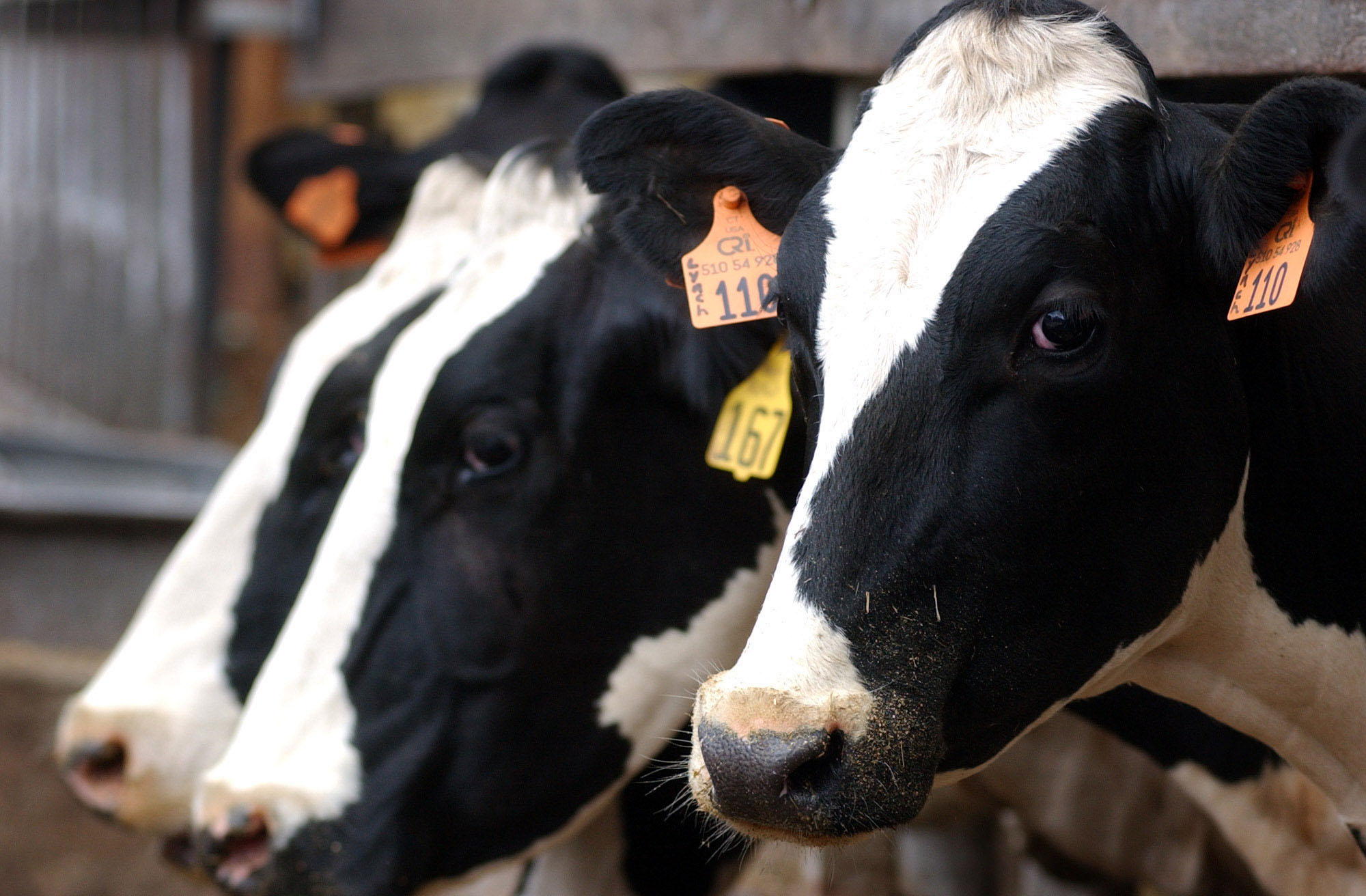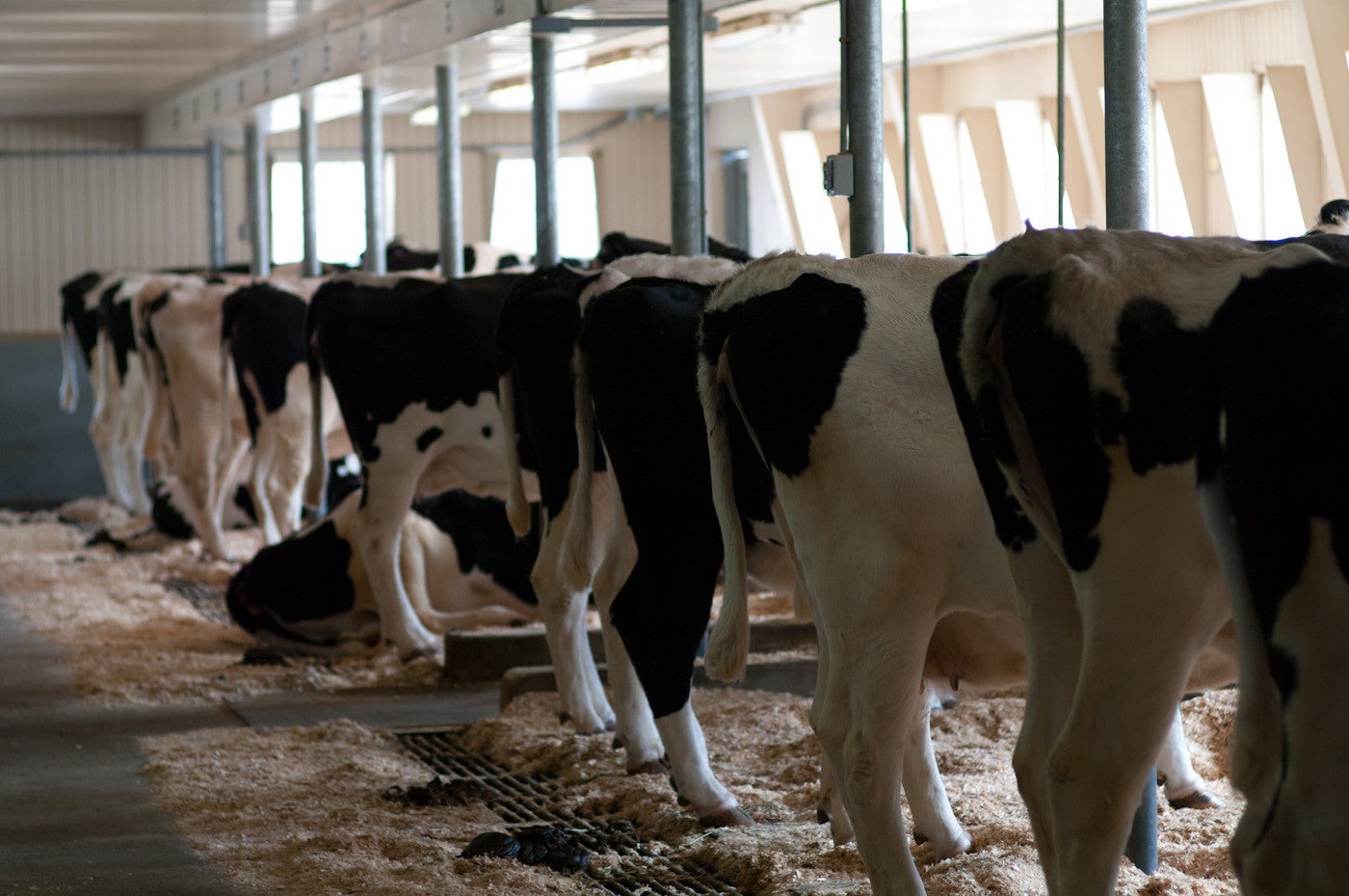The Wisconsin Department of Natural Resources is appealing an October circuit court decision revoking eight high-capacity well permits.
The permits were issued after a 2016 opinion from state Attorney General Brad Schimel prevented the DNR from considering the total impact of proposed and existing wells on nearby waterways.
The environmental group Clean Wisconsin filed the original lawsuit and it maintains the DNR has a constitutional duty to protect state waterways and that these wells can lower the water levels of lakes and streams.
Stay informed on the latest news
Sign up for WPR’s email newsletter.
A high-capacity well can withdraw more than 100,000 gallons of water a day, according to the DNR’s website.
In the case of the eight revoked permits, the DNR had found that these wells would be harmful to local waterways before Schimel’s opinion was issued.
Circuit Court Judge Valerie Bailey-Rihn ruled on the side of Clean Wisconsin, which argued the DNR has a duty under the state Constitution’s Public Trust Doctrine to protect local waterways.
In her decision, Bailey-Rihn said Schimel’s opinion contradicted a 2011 Wisconsin Supreme Court case involving the DNR and the Lake Beulah Management District.
“As indicated, there is no dispute that there were cumulative impacts, that were considered by the DNR,” wrote Bailey-Rihn in her decision. “Absent the attorney general opinion, the DNR would have denied all but one of these well applications as impacting navigable waters.”
The cumulative impacts of these wells on local waterways have to be taken into account when issuing high-capacity well permits, said Bailey-Rihn.
Clean Wisconsin spokesman Jon Drewsen said his organization expected the DNR to appeal the circuit court’s ruling and is confident the appellate court will uphold the October decision.
“There’s a longstanding and strong legal precedent for DNR’s duty and responsibility under the Public Trust Doctrine to protect Wisconsin’s waters.”
But farming lobbyists like the Wisconsin Potato and Vegetable Growers Association remain in favor of the constraints on regulation.
The revoked permits followed the law and Schimel’s opinion limited how much the DNR could regulate these permits, said Tamas Houlihan, executive director of the Wisconsin Potato and Vegetable Growers Association.
Houlihan said several of the permit holders had already started work on irrigation systems before they were revoked.
“They were proceeding as though they had a valid permit and now most, if not all, of those were invalidated,” explained Houlihan. “And for me, that creates a hardship for the grower of producer.”
Editor’s Note: This story has been updated to correcting the spelling of Jon Drewsen’s name.
Wisconsin Public Radio, © Copyright 2025, Board of Regents of the University of Wisconsin System and Wisconsin Educational Communications Board.




